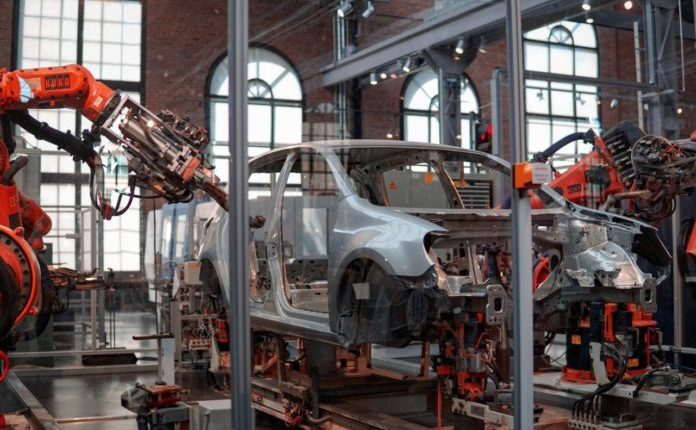Just as Apple and other mobile phone makers have halted production of new gadgets, which has delayed the release of these gadgets for months due to COVID-19, automobile giants are also halting production and shipments to other country as lockdowns are being implemented across the globe.
The effect of these lockdowns, would be a huge hit for the machinery makers that boasts a 30 percent market share in the various countries, and the impacts are certain to expand as the pandemic starts to depress demand.
As many countries like Ghana that is expecting to host the production of automobile giants like Toyota, Nissan, Suzuki and among others, various restrictions or issues of lockdown orders from their various mother countries would hurt the intended target of industrialisation.
So far, Mazda Motor and Toyota Motor have decided to halt production at home and abroad in light of tumbling demand, sending quiver waves through Nippon Steel, which supplies steel sheet to top automakers. “Temporary suspensions of blast furnaces are now on the table,” Japan Iron and Steel Federation Chairman Yoshihisa Kitano told on Wednesday, March 25.
Halting blast furnaces, which usually operate around the clock, is a rare event that last happened in 2009 after a global financial crisis annihilated demand.
Until late February, the novel coronavirus was an overseas problem to Japanese steelmakers. Even if automobile production is disrupted in China and across other countries, the only ones impacted are local companies or joint ventures that supply processed steel and intermediate products, they assumed.
But Southeast Asia and Mexico import much steel directly from Japan and China. With Japanese automakers set to temporarily halve global output, production adjustment can become a reality for Japanese steelmakers.
Steelmakers are not the only upstream suppliers affected by manufacturing shutdowns. The chemical industry weathered the global financial crisis by eliminating excess capacity and consolidating facilities. But now the slowdown in demand, combined with the crash in petroleum prices, threatens to drag ethylene factory utilisation rate under the boom-or-bust line of 90 percent for the first time in about seven years.
In Ghana, fresh assembly plants and manufacturers could be hurt greatly.




Comments are closed.